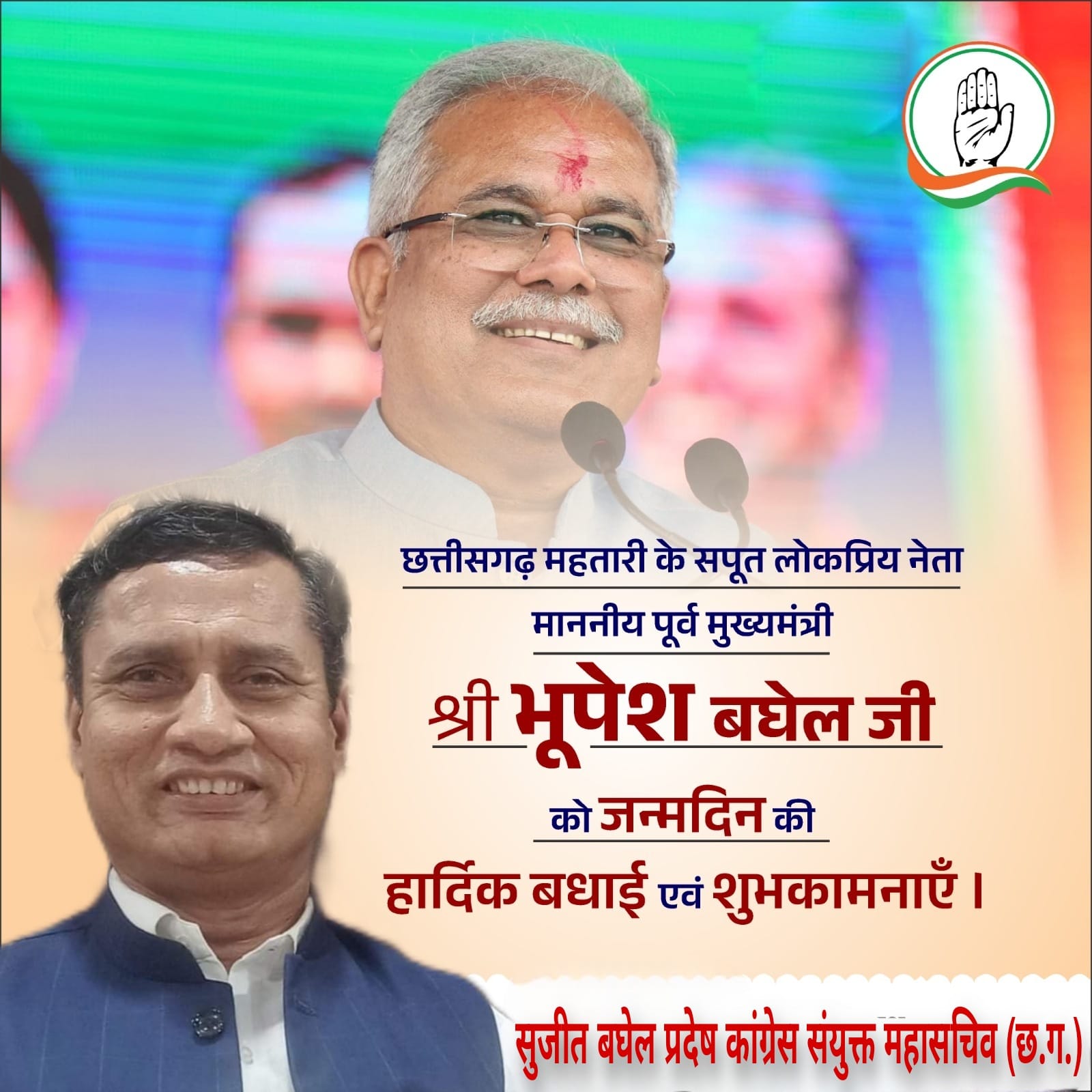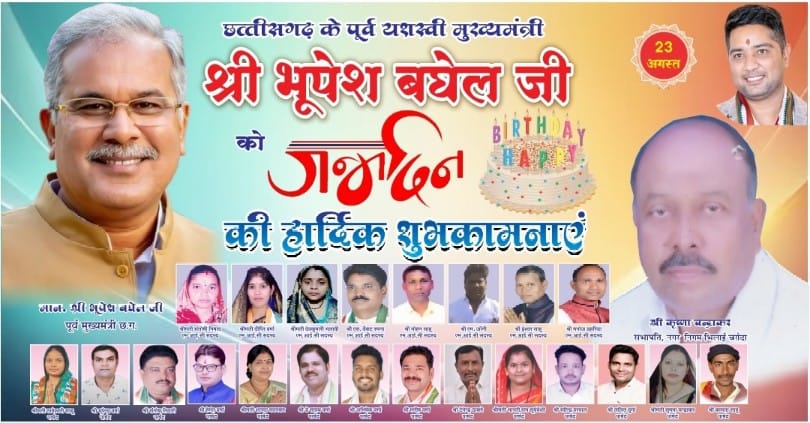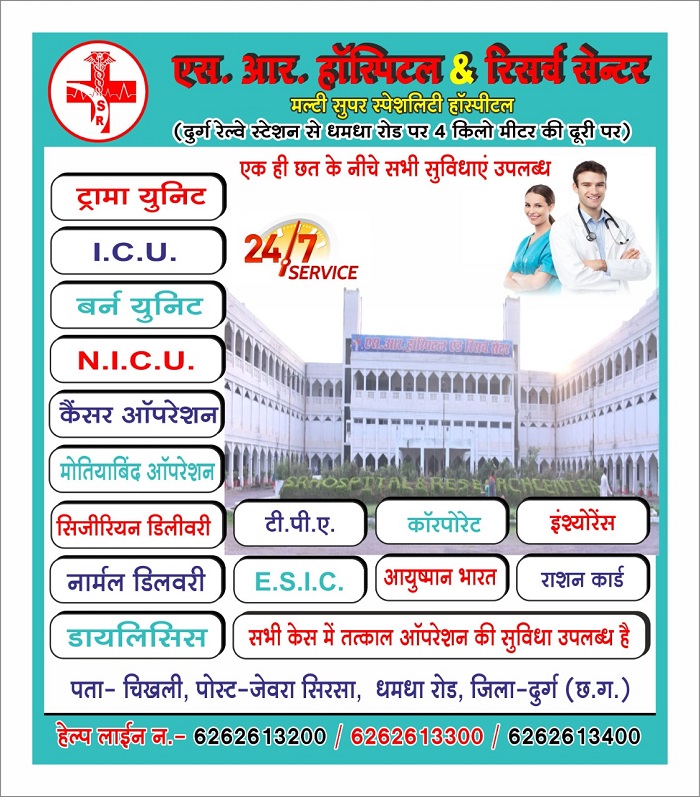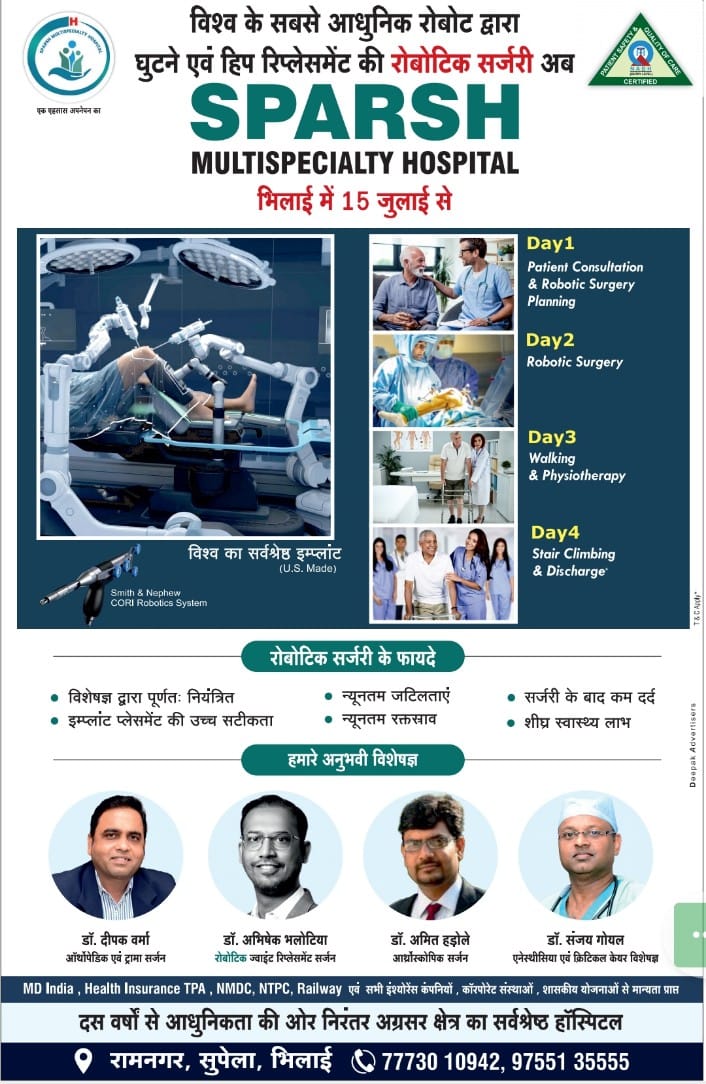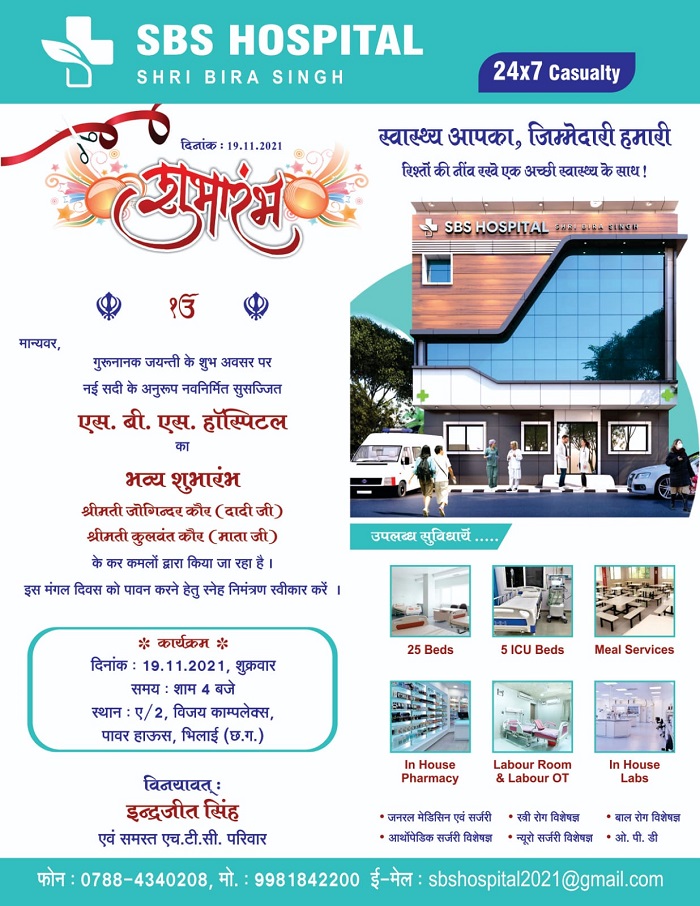Education and Muslim women: A curious case of NigarShaji and her success in NASA

India is celebrating space victories with Vikram Lander Rover (Chandriyan-3) roaming the moon’s south pole and Aditya L1 journeying towards the sun to observe the solar surface and solar activities for the next 5 years. The Indian Space Research Organisation (ISRO) is currently engaged in a pursuit to establish itself as the fourth space agency to successfully position a spacecraft within the sun’s orbit. This endeavour will place ISRO in competition with esteemed counterparts such as the NASA, CNSA and the ESA. This relentless pursuit exemplifies India’s endeavour and quest for scientific progress, with an eager breed of young and old scientists making successful strides in the fast-developing scientific world. In this pursuit, Indian women are contributing equally, which is worthy of celebration and sets a precedent for young women to make their way in the scientific realms and become agents of change in their respective social spheres.
NigarShaji’s directorship of the Project Aditya-L1 mission is testament to the increasing prominence of Muslim women in leadership roles and is becoming an inspiration for women of moderate and disadvantaged social backgrounds. In particular, it should enlighten the Muslim community, drawing inspiration from the fact that women of moderate backgrounds can also achieve exemplary positions in the respective fields of their choice. Muslim women’s empowerment in India encompasses various dimensions that go beyond the conventional understanding of gender equality. It involves addressing socio-economic disparities, ensuring access to education and healthcare, promoting political participation, and challenging patriarchal norms within the Muslim community. Additionally, it necessitates creating a supportive environment that encourages women to exercise their rights and make informed choices while also respecting their cultural identities.
Education is a key aspect of promoting gender equality within the Muslim community. By providing girls and women with equal
opportunities for education, they can develop the skills and knowledg necessary to participate fully in society and challenge traditional gender roles. Moreover, education can empower Muslim women to make informed decisions about their own lives, including choices related to their careers, relationships, and reproductive health. The career success of Shaji best suits the example of a calculated choice, when she chose engineering over medicine. Herpursuance of early education in a government school, according to S. Sheikh Saleem, the brother of Shaji is testament to the fact that social background is never an impediment to success if proper support is given by family, especially parents. Shaji’s success at ISRO highlights the importance of providing equal opportunities and support for women in STEM fields, ultimately contributing to the overall progress and innovation of society. It can be derived from her story that education is the central medium for empowering children, particularly females. Narrating the story of her father, she highlighted that her father’s aim was to educate all his children. That means her father, a farsighted individual from the Muslim community, learned to prioritise female education despite socio- economic hardships.
It is a sad reality for Indian Muslims that the majority of girls, drop out of school at a very early age, which is apparently aimed to reduce the economic burden on the family. However, this practise perpetuates gender inequality and limits the opportunities for girls to reach their full potential. By using education as a tool for empowerment, especially for women, we can break this cycle and create a more inclusive society where everyone has equal access to opportunities and resources. Muslim social trajectory has passed through numerous hard conjectures, and socio-political and economic underdevelopment has been their reality; however, this should not be a hindrance to educational attainment, as exemplified by numerous successful women who have made their mark on the social psyche of the country. Shaji received a prominent national space coverage in print and electronic media owing to her contribution in success of solar mission. This recognition serves as a testament to the resilience and determination of Muslim individuals, promoting the importance of celebrating and promoting diversity within society, as it enriches the social fabric and fosters a more inclusive and cohesive nation.
Mohd. Salim
PhD Scholar.
Jamia Millia Islamia

